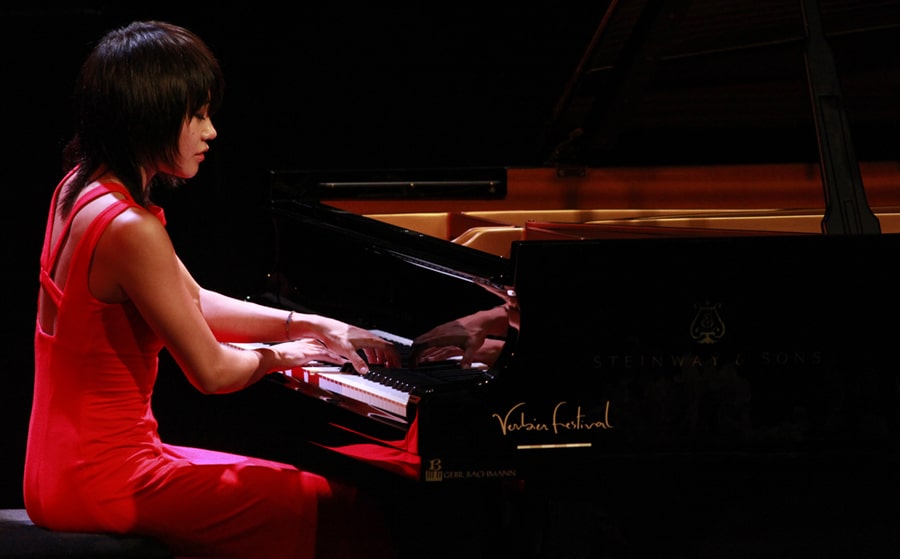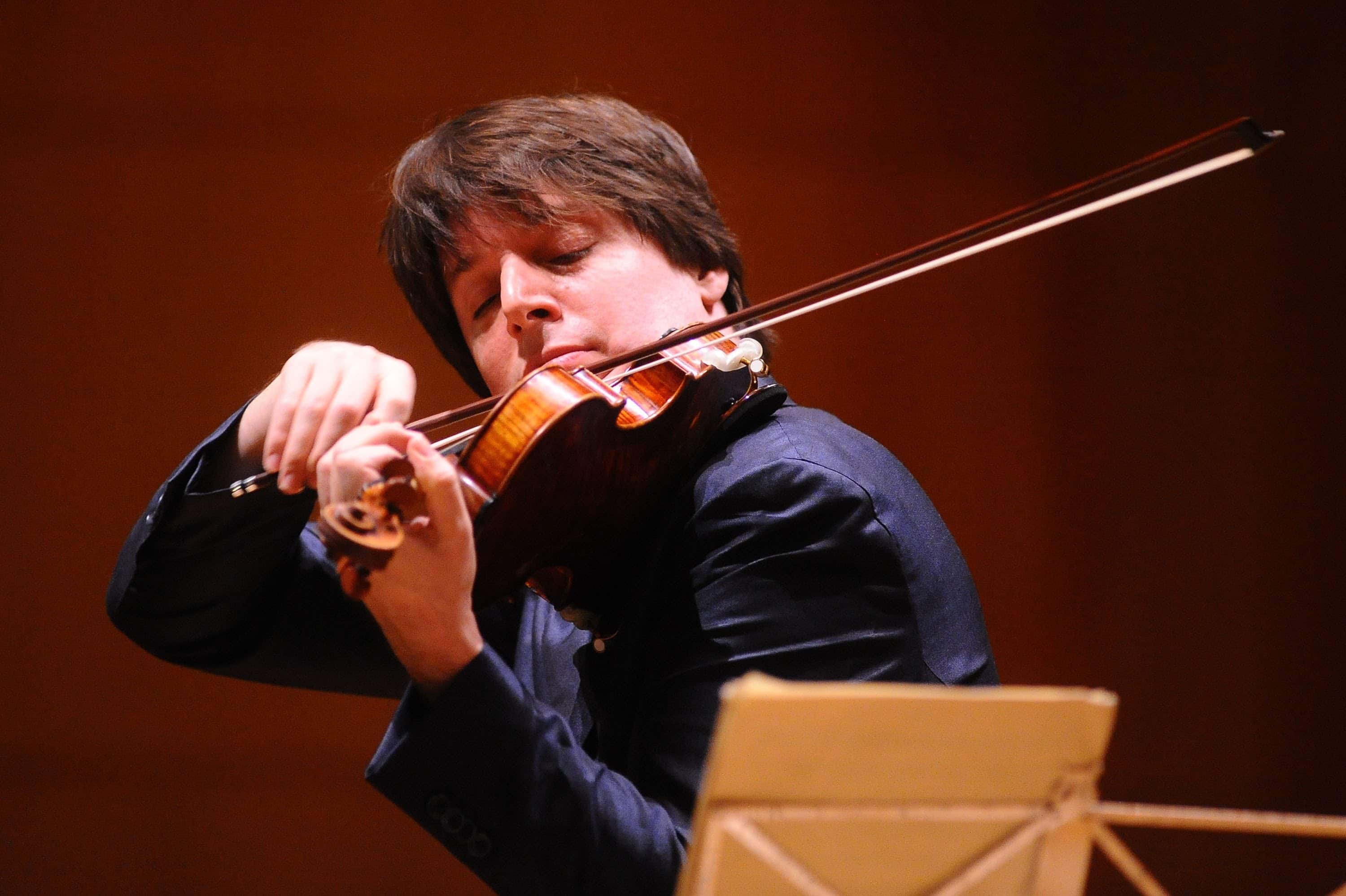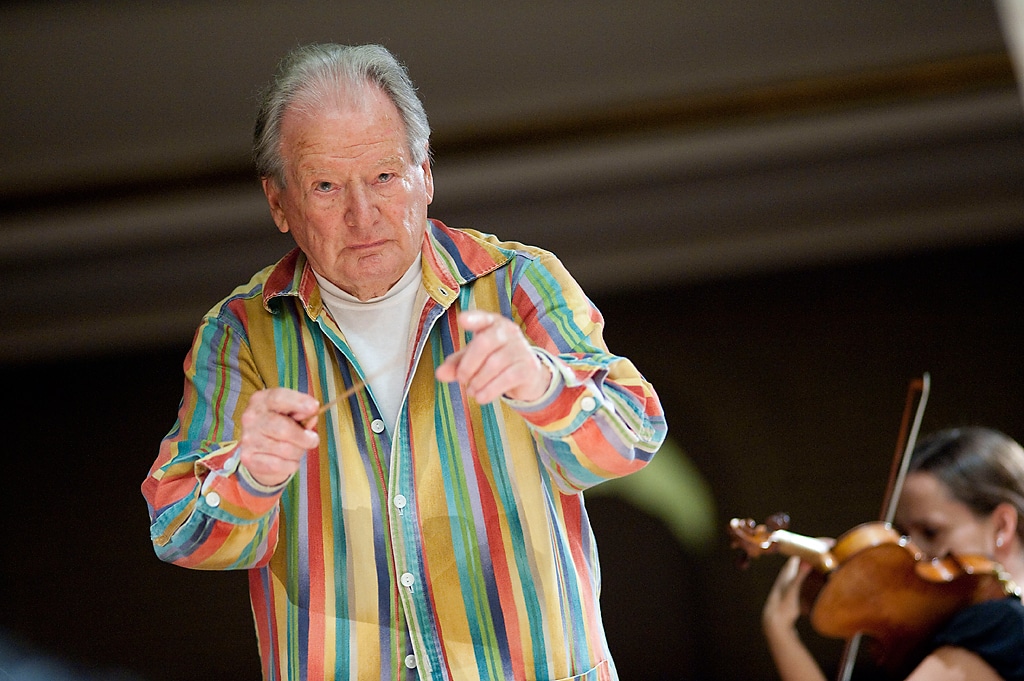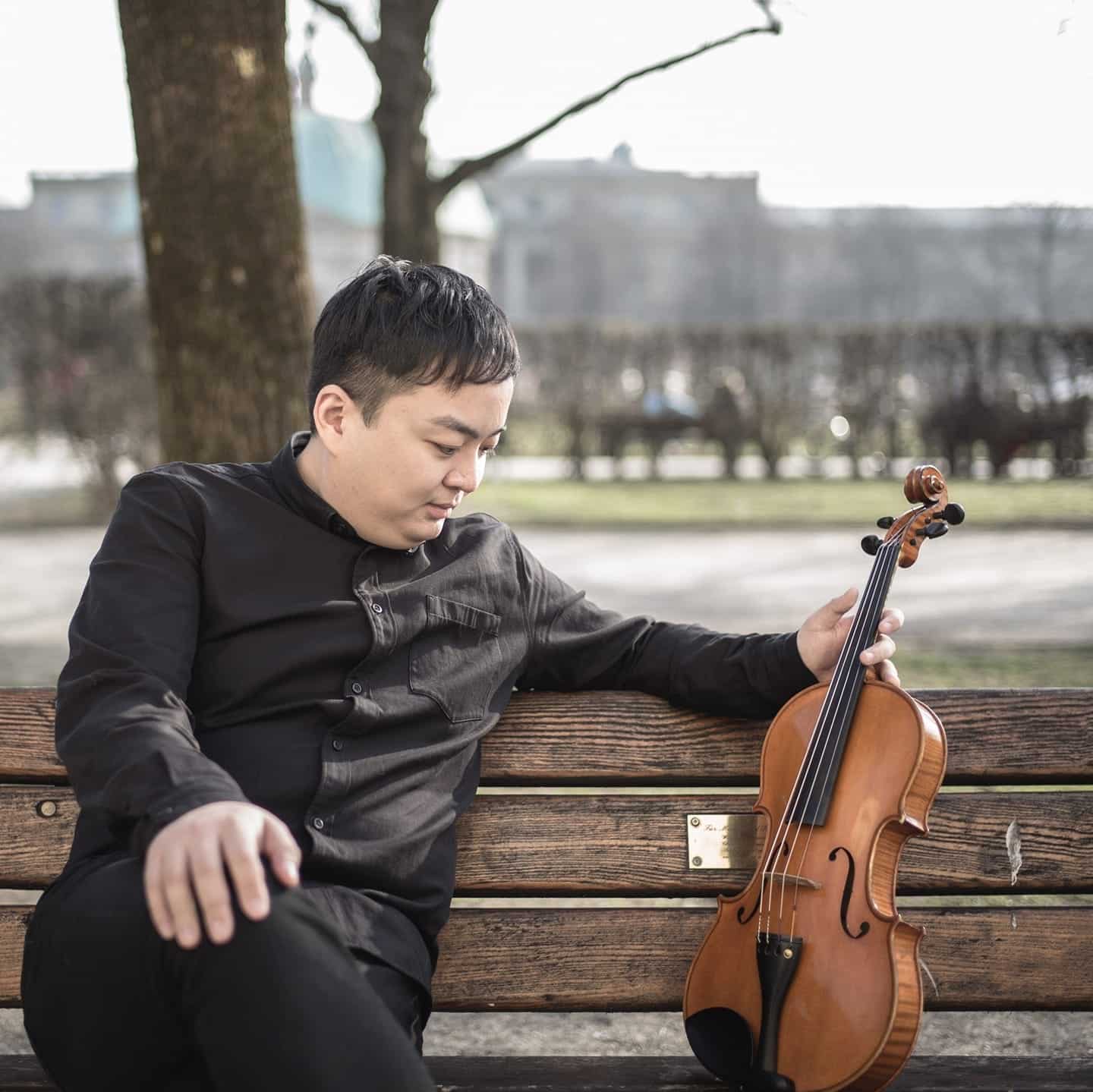30 years ago, he composed the first-ever commission by a gay men’s chorus
mainA colleague and friend remembers Conrad Susa, who died last week.
Conrad Susa (1935-2013): An Appreciation by Byron Adams, Professor of Music, UC Riverside

Conrad Susa was born in Springdale, Pennsylvania, the child of Slovakian immigrants to the United States. As a boy, he played the piano and organ, served as an usher in a local movie theater, loved popular music, and evinced an extraordinary intellectual curiosity. He attended Carnegie Mellon University studying with Nicolai Lopatnikoff. A gifted pianist, he was appointed as the staff pianist for the Pittsburg Symphony Orchestra (1957-8). He earned a master’s degree at the Julliard School of Music, studying with William Bergsma and Vincent Perischetti; one of his indelible memories of Julliard was a fleeting introduction to Dmitri Shostakovich, who was on one of his rare visits to America.
In 1972, despite growing fame in New York, Susa left the East Coast to live in San Francisco, a decision that reflected a tenaciously independent streak in his nature. He was not interested in pursuing a conventional career through conventional means but rather sought to realize fully an inimitable, and constantly evolving inner world. He embarked upon a career writing incidental music for theater companies, a wonderful apprenticeship for an opera composer. For Susa, words, drama, and literature were the foundation of his art: instrumental pieces, although lively and inventive, were few and far between.
His first opera followed shortly after his settling in San Francisco. Still the most often produced of his operas, Transformations (1973) takes as its text Ann Sexton’s post-Freudian and contemporary re-telling of Grimm’s fairy tales. It should be stressed, however, that although the poetry is by Sexton, it was Susa who shaped her words into a subversive and original libretto, dealing with, among other topics, intergenerational same-sex desire. (Sexton was thrilled.) While he developed and inimitable modernist style that never abandoned the use of either lyricism or tonality, Susa’s operas are radical by virtue of his original treatment of their subject matter. His second opera, Black River: a Wisconsin Idyll (1975, extensively revised in 1981) is an unsparing look at small-town America that culminates with an onstage self-immolation. With a libretto based on a play by Garcia Lorca, The Love of Don Perlimplìn (1984) is a tragicomic meditation on the incompatible demands of love and honor. A contemporary mystery play, The Wise Women (1994), subverts the traditional Christmas narrative by focusing on the inner lives of women and by broadening its religious context to include a group of wildly funny tantric angels. Finally, The Dangerous Liaisons (1994), based on the epistolary novel by Choderlos de Laclos, is a darkly voluptuous grand opera that looks unwaveringly of the destructive violence at the heart of erotic desire. Never has there been such a coldly unsentimental dissection, expressed though music of aching beauty, of the calculating power relations and duplicity that passes between lovers.
Conrad Susa was surely one of the most uncompromising and courageous composers of our era. Susa was openly gay: he composed the first piece ever commissioned by a gay men’s chorus, Chanticleer’s Carol (1983), at a time when such a gesture still raised eyebrows and kindled prejudices. By living in San Francisco and remaining unashamed of his sexual identity, Susa removed himself from the East Coast establishment that controlled the big composition prizes and commissions. He could not have cared less: distaining mere fashion, he remained true to himself. Brusque, insightful, and possessing a rapier-swift wit, Susa did not suffer fools gladly and had no compunction about telling them so to their face. Those whom he loved, he loved with an exasperated tenderness and a fierce devotion. He was selflessly dedicated to his art; to the constant expansion of a formidable compositional technique; and to his colleagues and students at the San Francisco Conservatory of Music, where he was a beloved teacher. Conrad Susa’s life was consecrated to music. To quote Stephen Spender, he was one of those special beings that “left the vivid air signed with their honor.”
Byron Adams
Professor of Music
UC Riverside





I’m embarrassed to admit I’ve never heard of him if I should. I’ve posted on Facebook to see if Capital Pride Singers or Albany (NY) Gay Mens Chorus knows anything about him. We should know more of our pioneers. But we cannot forget Benjamin Britten whose relationship w/Peter Pears was pretty much common knowledge if, when I met them, sang a War Requiem under Britten’s direction, I was too deeply closeted to understand the relationship. I’d like to know more about Susa.
Chanticleer’s Carol was commissioned by New York City Gay Men’s Chorus; over his career the gay choruses of Boston, San Francisco, Seattle, Minneapolis and others commissioned works from Conrad. A directory of glbt choruses is here http://galachoruses.org/membership/member-directory